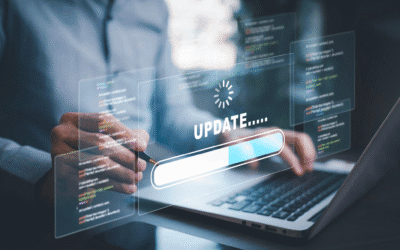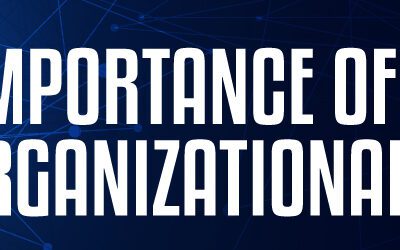Blog
Best Practices Around Security
Modern security tools have significantly reduced organizational risk by deploying a variety of safeguards against traditional cyber threats. However, as these defenses have become more sophisticated, cybercriminalshave adapted their strategies. The rise of widely...
Cloud Migration Allows Swift Recovery Following Damaging Flood
The Challenge A client’s location suffered a disastrous flood that damaged both the physical workspace as well as countless operating devices, including computers and networking equipment. The office had to be closed for weeks to allow restoration services to be...
Cyber Insurance Requirement and MFA
As businesses become fully digital and staff access corporate resources from around the world, the importance of strong security tools and policies becomes more critical. This connectivity has led to growing threats from cyber attacks, and as a result, many...
Stop Reacting to IT Issues: How Proactive Monitoring Prevents Disruptions
Proactive monitoring prevents disruptions by detecting early signs of hardware issues, misconfigurations, security threats, and network slowdowns. It supports real-time visibility across remote and hybrid work environments, reducing stress on internal IT teams. When...
CSOLVE Newsletter June 2025 – Cisco Meraki: Supporting the Modern Workplace
For many organizations, the line between work and home has become blurred. As organizations continue to implement policies that allow for hybrid or full-remote positions, as well as a mix between company-owned and Bring Your Own Device (BYOD) strategies, a robust and...
The Strategic Role of IT in Organizational Security
Why Proactive IT Investment is Key to Success In today’s fast-evolving world, information technology is more than just a support function—it is a strategic cornerstone for organizational success. Yet, not every organization approaches IT with the same level of...




